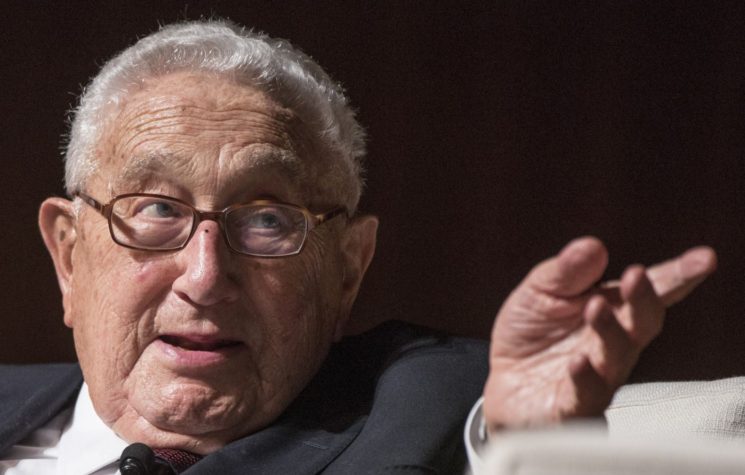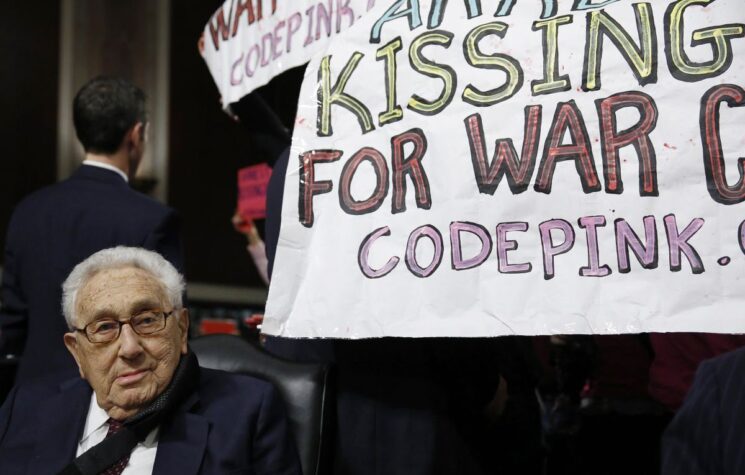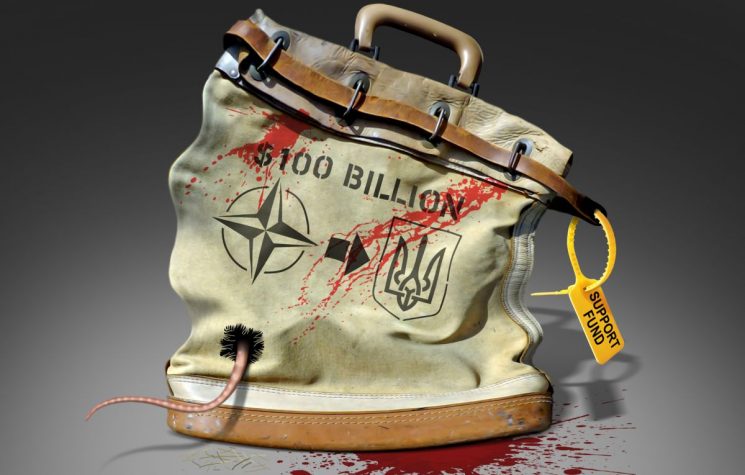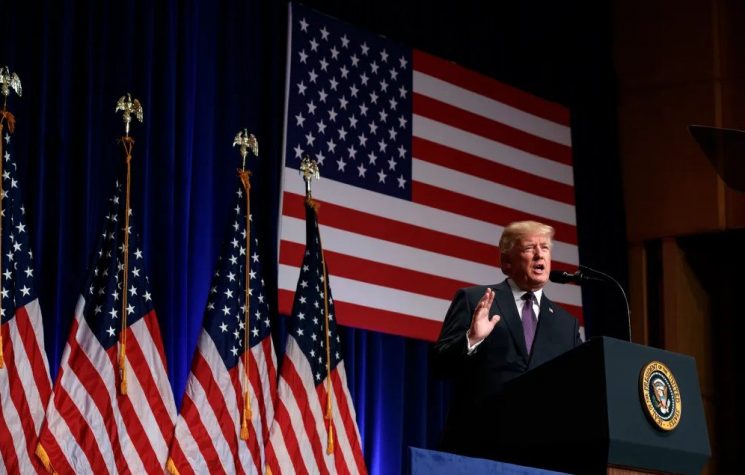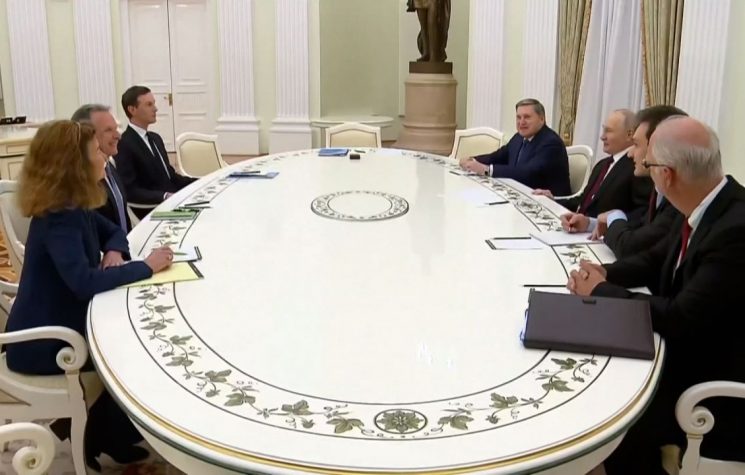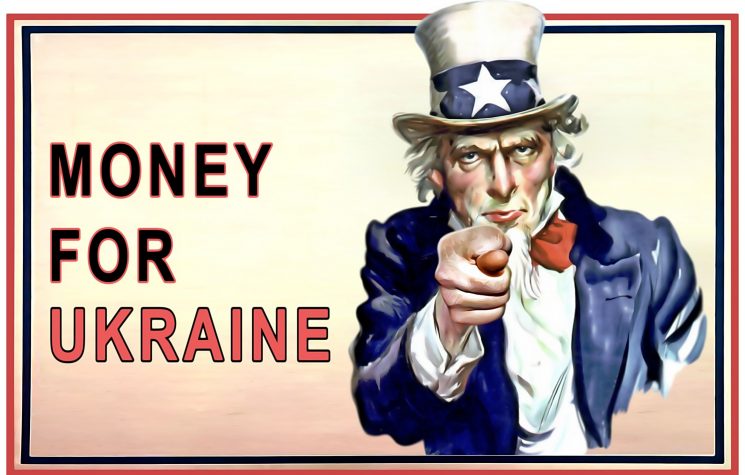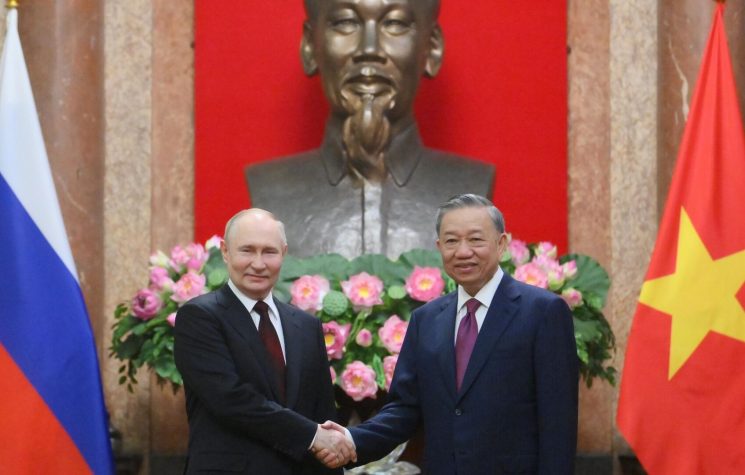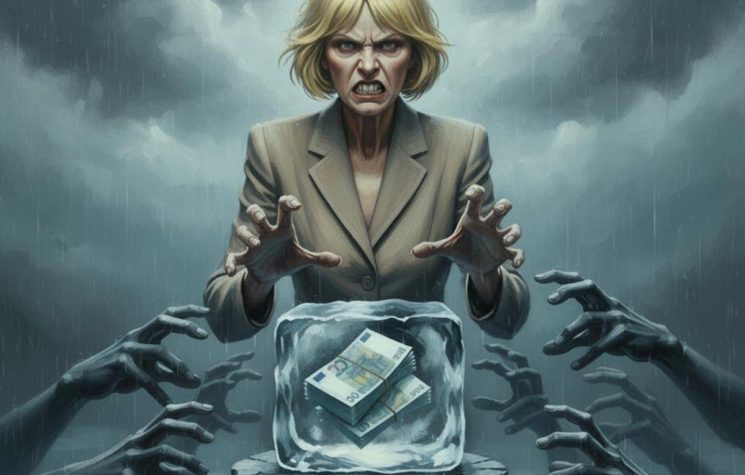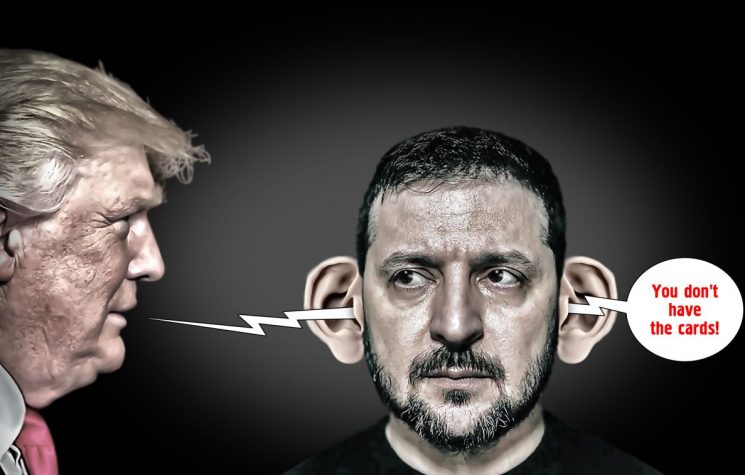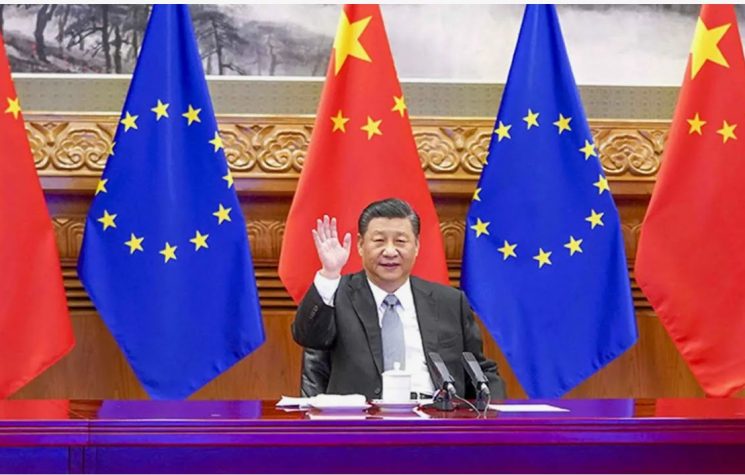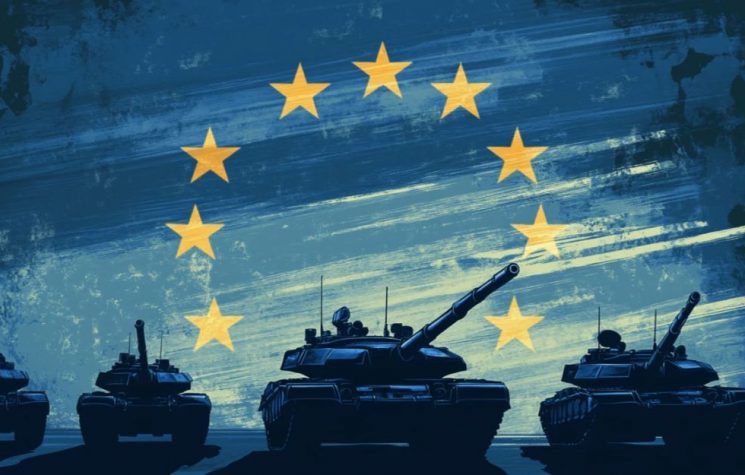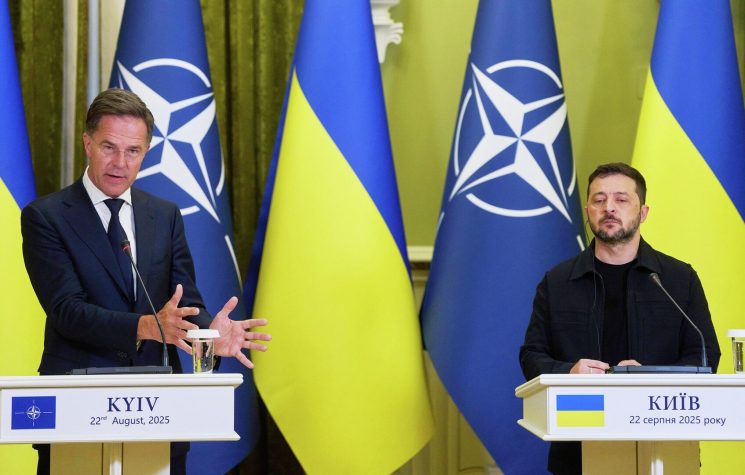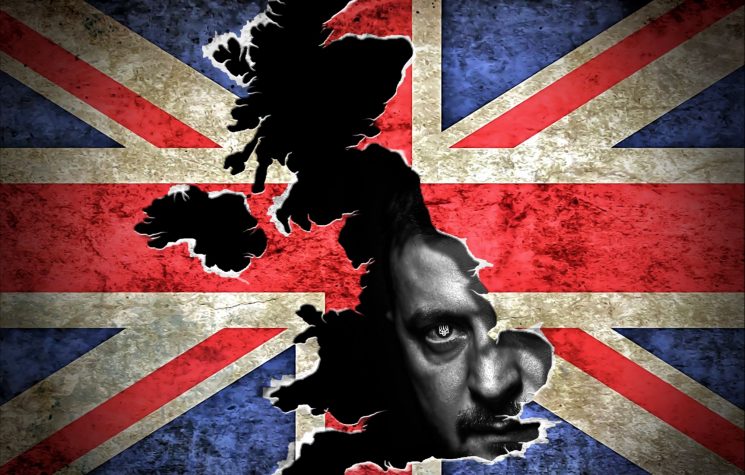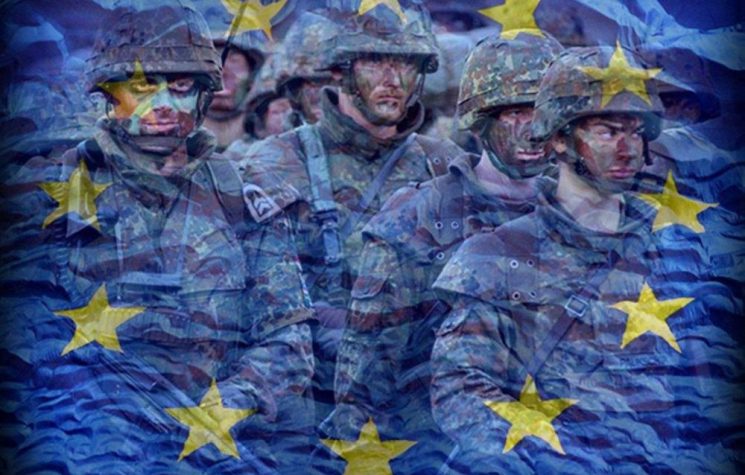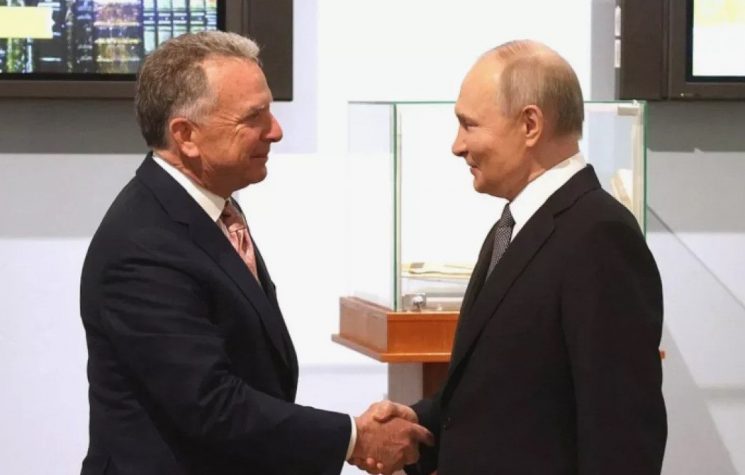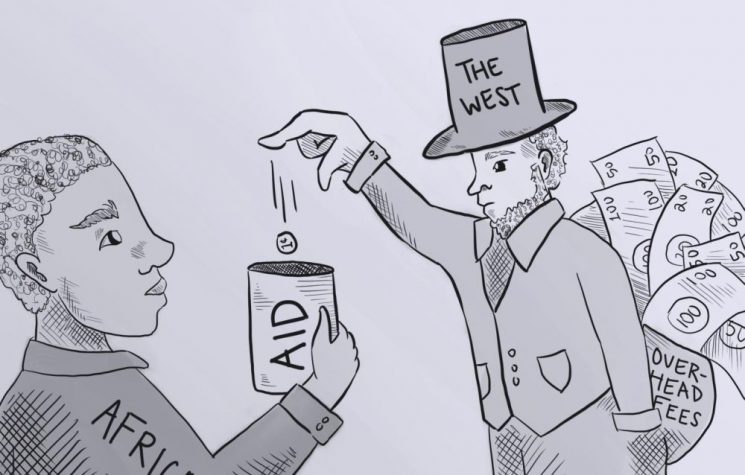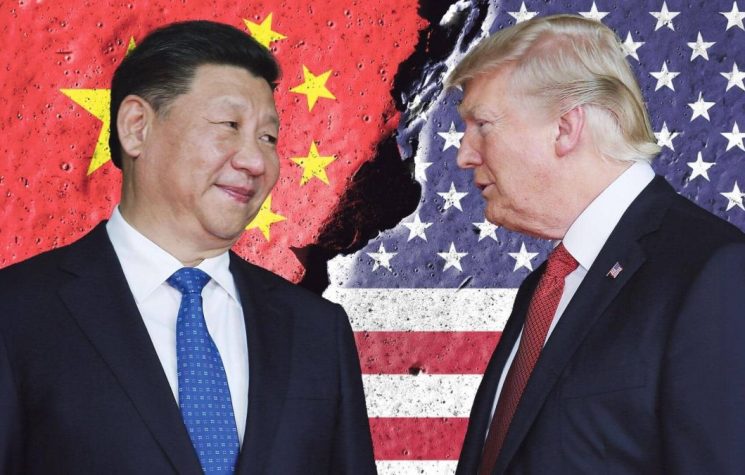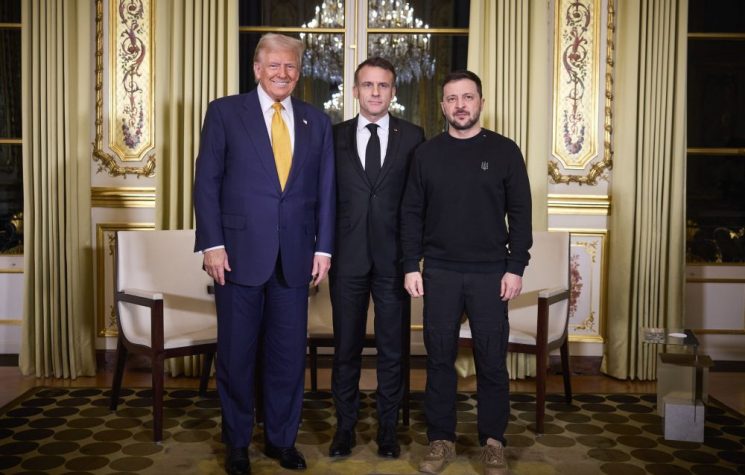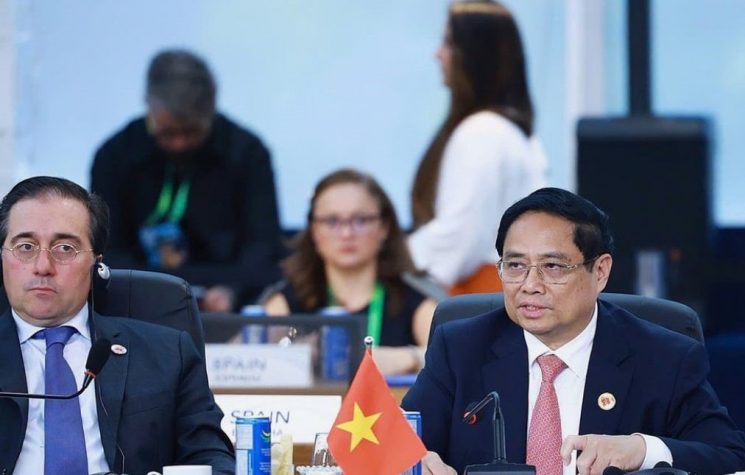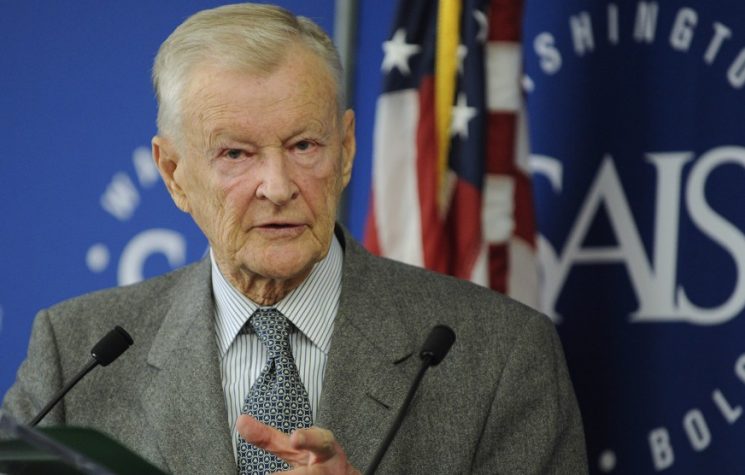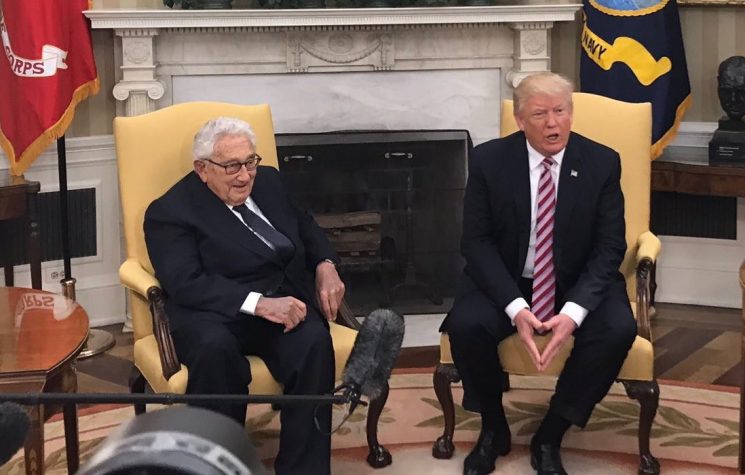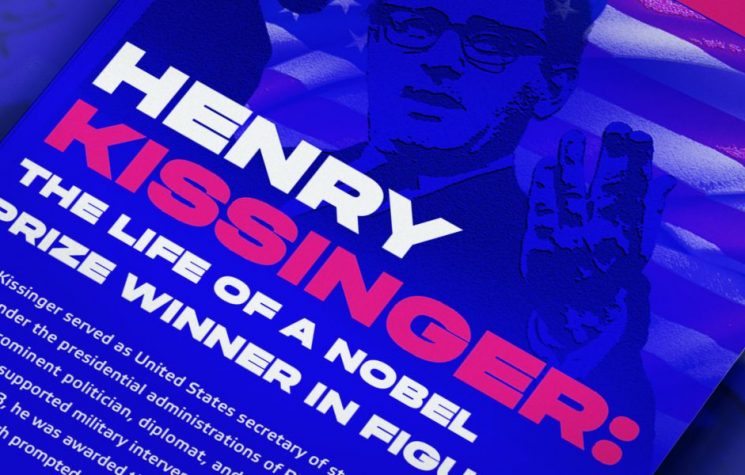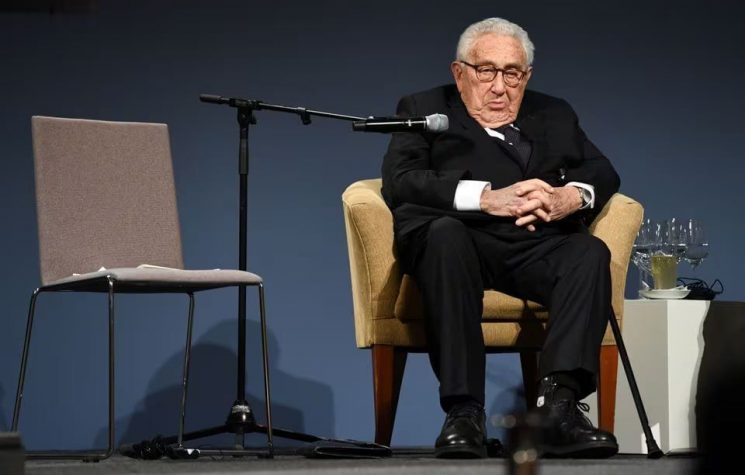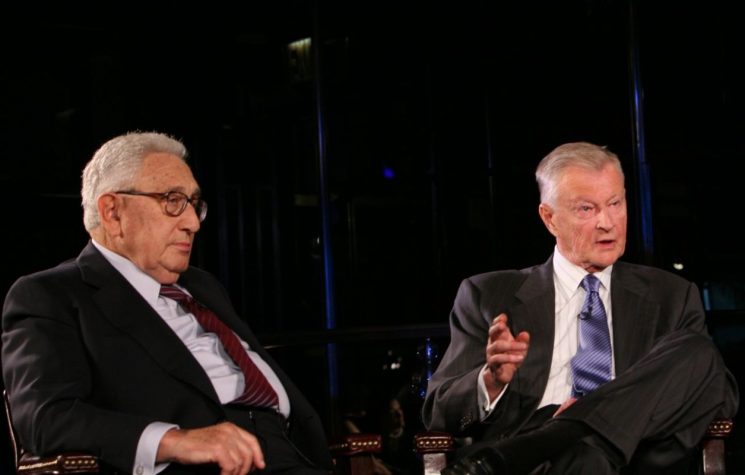An impending wheat shortage may well drive MENA countries to revolt and direct a new level of anger and revolt towards Brussels from its own members.
Forget anti-tank weapons and bullets. An impending wheat shortage may well drive MENA countries to revolt and direct a new level of anger and revolt towards Brussels from its own members.
As the U.S. approaches critical midterm elections which might dampen Biden’s foreign policy endeavours, the EU too will soon be looking at its own strategy – in particular with regards to Ukraine – in the shorter term, due to a number of factors looking on the horizon which confused and ill-informed journalists aren’t tackling.
Chief among those factors which will be a real problem for the EU was hinted at recently at a World Economic Forum by the polemic former secretary of state Henry Kissinger. The elderly statesman vexed a Ukrainian delegation by suggesting that it might consider ceding parts of the country to Russia in order to secure a peace deal before the war there starts to have much more weighty implications around the world. He used the word “upheaval” which is a way of diplomatically hinting at political trouble in the MENA region, through populations in Middle East and North Africa countries revolting due to hunger. Many MENA countries imported wheat to produce bread – often at a subsidised price – aimed at assisting poor communities. It’s unclear how many of these countries will deal with Ukrainian and Russian wheat no longer arriving as already, in places like Morocco where the author lives, the price of grain has tripled in price making it harder for farmers in the first place to buy it. If the government isn’t going to triple the price of the wheat harvested (unlikely) then there is little point in farmers buying it.
In the case of Morocco, the deficit will have to be met by the government if it wants to keep bread kept at an artificially low price. This cost will have to be passed onto someone however. Most likely it will be the EU which will be asked to help. But Brussels helping Rabat with its housekeeping is one thing. The European Union though might well be facing a much bigger crisis when new flows of immigrants hit its shores as new levels of poverty fuel higher levels of those desperately seeking a better life in the EU.
What Kissinger is hinting at is that the so-called ‘war of attrition’ doesn’t work well for either the Ukraine or the West. The inevitable departure of Russia from the western sphere will not bode well for the West both in terms of security and trade and will be harder to reverse. Putting the genie back in the bottle will be near on impossible in fact if the war in Ukraine continues to drain western coffers and present the EU with new flows of immigrants from the MENA region. Many western media ‘experts’ like to fool readers by presenting facts in a paradigm which is consumer-friendly but is in fact irrelevant to the facts on the ground which they (the journalists) probably struggle to grasp themselves. The ‘war of attrition’ is in fact bandied about without context (normally such wars are where both parties are stagnant which is not the case at all in the Ukraine); secondly in recent weeks we have seen many references to the “20 percent” of the Ukraine occupied by Russia. This figure, no doubt offered by Zelensky, has been used over and over again by defence correspondents and editors in London as a reference point. Military experts, even British ones who support Ukraine, however dismiss it as irrelevant. So why the smoke screen?
A number of factors, but largely that the journalists of today who cover such hugely historical events such as conflict aren’t the same calibre of those twenty years ago. Different level of intelligence, education and a demonstrably different set of journalistic standards. In many cases, our so-called defence correspondents have become editorialists. They opine rather than report.
What is not being reported or offered as editorialist fodder is the idea that the West simply cannot afford for the war in Ukraine to go on much longer. If the EU can’t even get backing for its own directive to ban Russian oil – the only real sanction which will make a financial impact to Moscow – then how does anyone in the West imagine the EU playing any role whatsoever in the conflict and be taken seriously?
Brussels continues to goad Zelensky on with this “fight to the last man” gung-ho narrative while clearly not being able to support its own member states with the calamity which is heading its way if Kissinger is right. EU countries simply can’t handle, politically or financially, the strain from another influx of refugees from Arab countries like it did before with Syria. Post-COVID, the feel-good factor from its citizens is no longer there, replaced by anger and despair aimed at the political elites, it’s simply not an option. If such influxes were to happen, the knock-on effects would be immediate and colossal. The waning confidence which many member states still hold – albeit as a token of support for the EU – would quickly descend into finger-pointing and the EU as an international player would have to have its wings clipped.
Leaders of MENA countries now must also be getting skittish about the wheat ban and wondering whether a second Arab Spring is heading their way. If descent starts to pop up in one country – like Egypt for example which imported 60% of its entire wheat consumption from Ukraine – then it might have a knock-on effect to others, exactly in the same way that a revolt in Tunisia in 2010 sparked what was commonly called the ‘Arab Spring’. No doubt the European Commission’s multi-billion euro propaganda unit already has the press releases and grandiose speeches prepared to deflect blame and to point the finger at others.










